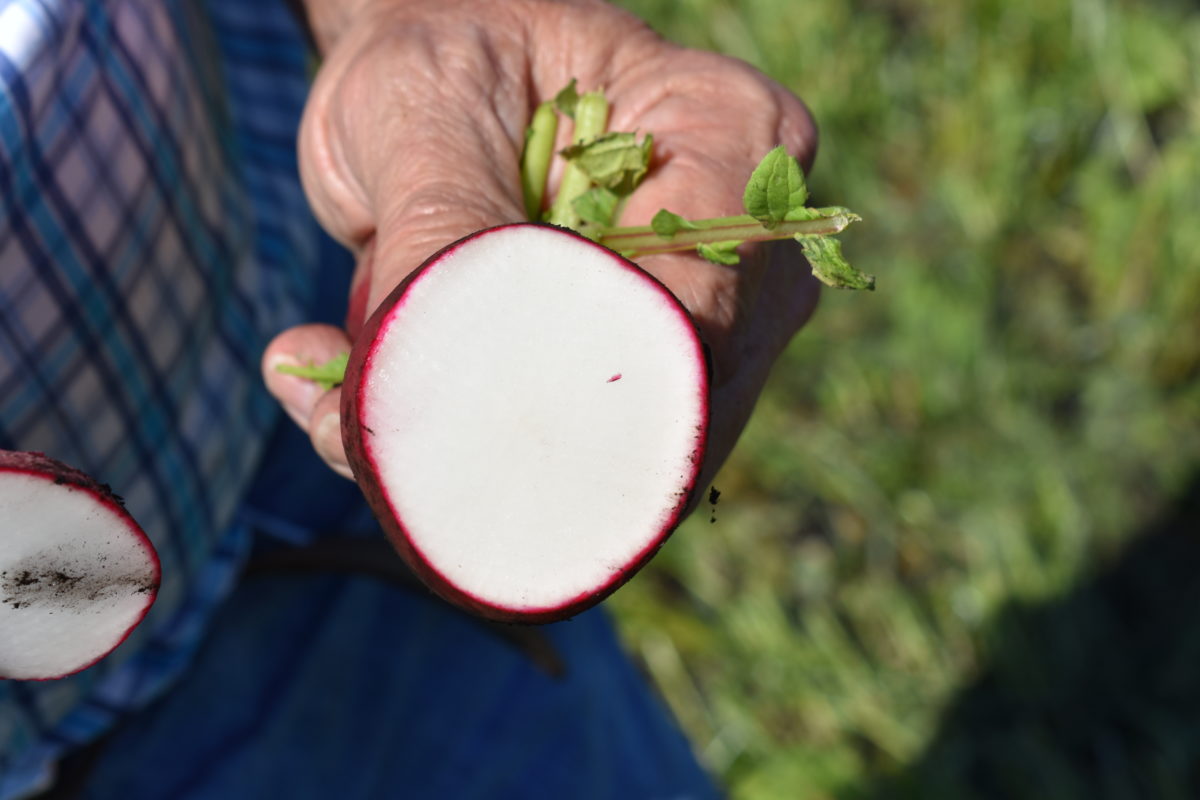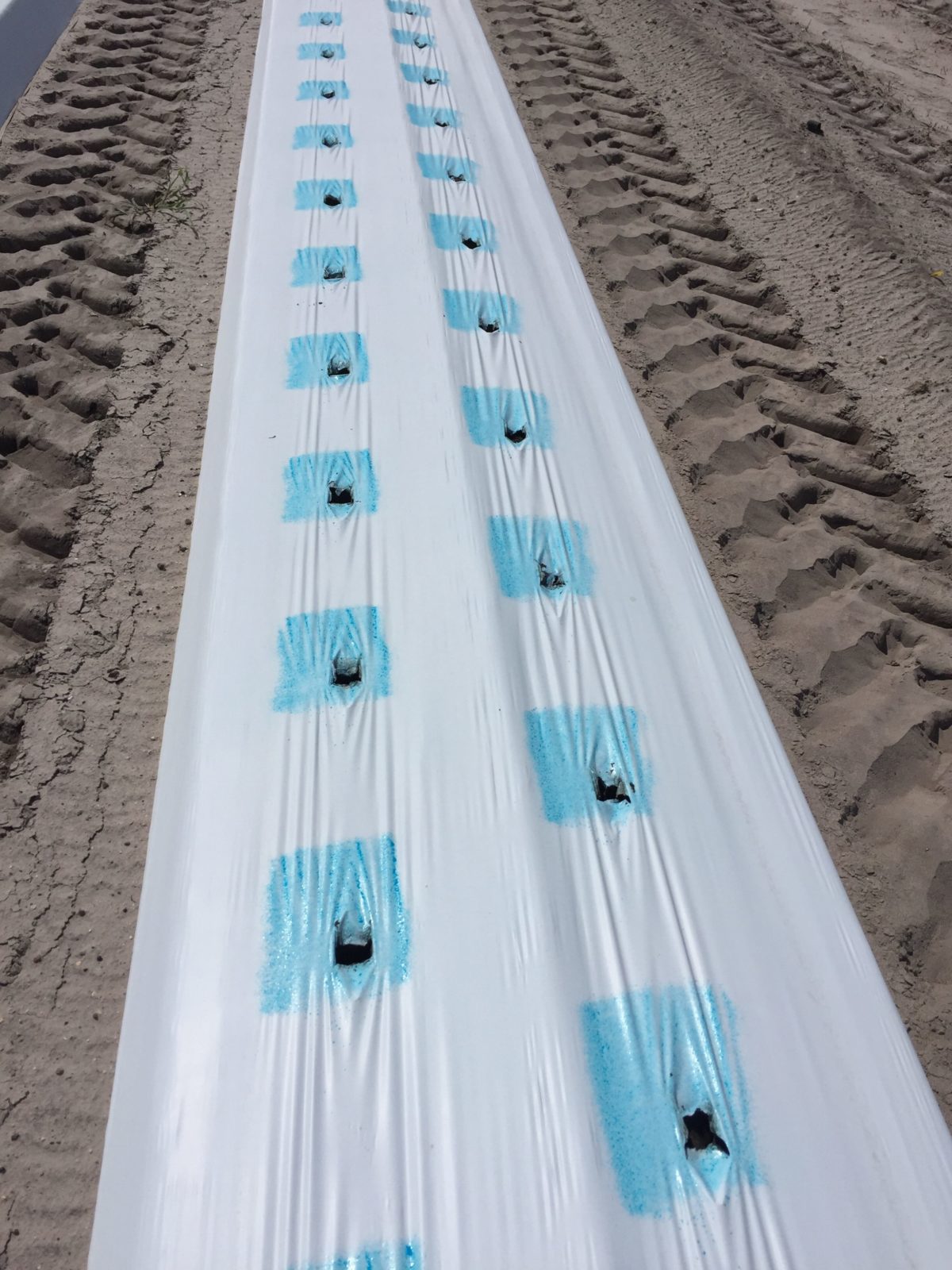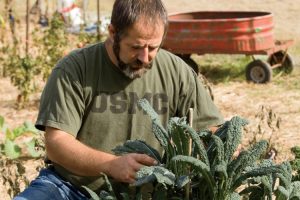The Georgia Department of Agriculture is beginning a new marketing campaign to promote Georgia fruits and vegetables around the United States. Matthew Kulinski, deputy director of marketing with the Georgia Department of Agriculture, says this marketing program coincides with Georgia Grown’s new slogan: Nature’s Favorite State. According to Kulinski, the goal of the program is to have Georgia be known …
Sneak Peek: May 2018 VSCNews Magazine
Enter the complex world of biogenetic technology in the May issue of VSCNews magazine. Gain a better understanding of gene editing technology in an article by horticultural scientists Andrew Hanson and Guillaume Beaudoin. They explain how gene editing is revolutionizing agricultural biotechnology. Also featured in the May issue is an article by University of Florida student Anne Schwartz that details …
On Tour in the Everglades Agricultural Area
The Everglades Agricultural Area (EAA) is a unique region with a long, rich history. Last week, members of the AgNet Media team had the privilege to visit the EAA and surrounding farm areas to meet with some of the area’s key players. During the three-day tour, the team explored agricultural production systems, ranging from sugar to citrus. ROTH FARMS …
USDA Seeks Nominees for Reestablished Fruit and Vegetable Industry Advisory Committee
The U.S. Department of Agriculture is seeking nominations for the newly reestablished Fruit and Vegetable Industry Advisory Committee (FVIAC). Eligible nominees include anyone actively working in the fruit and vegetable industry as growers, shippers, wholesalers, distributors, brokers, retailers, restaurant representatives, processors, fresh cut processors, foodservice suppliers, representatives of state departments of agriculture and members of trade associations. Written nominations must …
Debunking the Dirty Dozen
By Brian German The Environmental Working Group (EWG) has released its annual Dirty Dozen list, which according to its methodology, names the produce that has the highest levels of pesticide residue. The analysis that is performed is not designed to provide specifics about residue levels or provide the significance of that type of exposure. “For 23 years, the Environmental Working …
Measuring Tariff Impacts on Specialty Crops
Chinese tariffs could have consequences on U.S. specialty crops. However, it may be difficult to determine exactly how much of an impact the tariffs will have on the industry. U.S. Department of Agriculture’s (USDA) Rod Bain explores this issue with USDA Chief Economist Rob Johansson. Johansson discusses the types of tools that the USDA has that could help measure the …
Trump Pledges to Protect Farmers as He Considers More China Tariffs
A trade dispute with China has U.S. producers wondering how this will impact them and their businesses. Despite worrisome retaliation tariffs from China, President Trump and U.S. Secretary of Agriculture Sonny Perdue vows to take care of America’s farmers and ranchers. Perdue says that he is under an order from President Trump to develop a plan to protect U.S. farmers …
Hole-Punch Technology Dramatically Reduces Herbicide Use
By Nathan S. Boyd and Arnold Schumann The majority of vegetables grown in Florida are grown on raised, fumigated beds covered with plastic mulch. This production technique has been widely adopted because the combination of plastic mulch and drip tape improves water and fertility efficiency. The use of plastic mulches has many additional benefits, including improved crop quality, reduced water …
Secretary Perdue Issues USDA Statement on Plant Breeding Innovation
(Washington, D.C.) – U.S. Secretary of Agriculture Sonny Perdue today issued a statement providing clarification on the U.S. Department of Agriculture’s (USDA) oversight of plants produced through innovative new breeding techniques which include techniques called genome editing. Under its biotechnology regulations, USDA does not regulate or have any plans to regulate plants that could otherwise have been developed through traditional …
USDA Announces $8.4 Million to Support Veteran and Socially Disadvantaged Farmers and Ranchers
The U.S. Department of Agriculture’s (USDA) Office of Partnerships and Public Engagement (OPPE) announced up to $8.4 million in available funding for training and technical assistance for socially disadvantaged and veteran farmers and ranchers. Funding is made through the USDA’s Outreach and Assistance for Socially Disadvantaged Farmers and Ranchers and Veteran Farmers and Ranchers Program (also known as the 2501 Program). …















